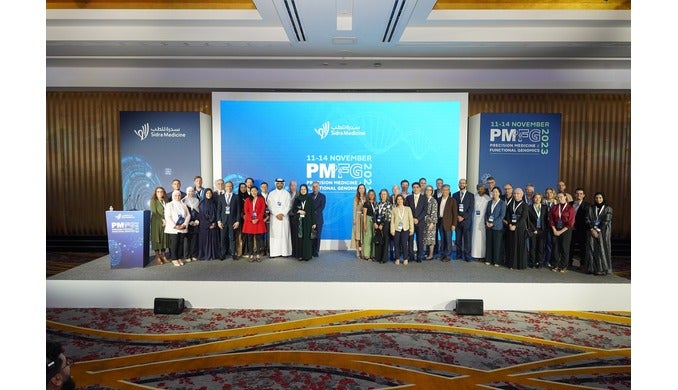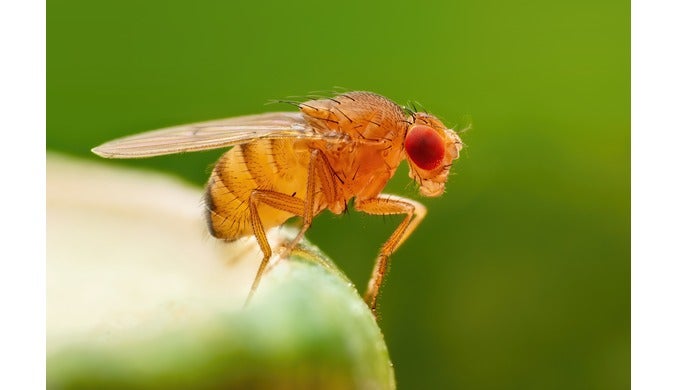Dr. Kabir H. Biswas*

Training dogs to detect COVID-19 carriers may help increase screening, and thus aid in combating the pandemic
The COVID-19 pandemic caused by the SARS-CoV-2 (severe acute respiratory syndrome coronavirus 2), has led to more than 460,000 deaths to date, with several times more people being infected by the virus worldwide. Initially manifesting as fever and dry cough, the disease may lead to difficulty in breathing, chest pain, a loss of speech, and physical movement. In some cases, it may prove fatal. The longer stability of the virus in the environment is one of the primary reasons for the comparably high infection rate associated with the virus. This means that one infected individual may cause the infection of several other individuals thus increasing the infection rate manifold.
The pandemic has severely constrained healthcare and medical facilities all over the world. In fact, some countries are facing shortages in their personal protection equipment (PPE) and other medical instruments. PPE such as face masks are our first line of defense against the SARS-CoV-2 infection while medical instruments such as ventilators help severe COVID-19 patients survive the disease. Importantly, many countries have implemented physical distancing and restricted business activities to control the infection rate and reduce the impact on their healthcare systems. However, these steps have in turn seriously affected our economies, including the production and distribution of goods, as well as aspects of our social life, impacting the mental health and wellbeing of many.
Responding to the call, biomedical researchers and clinicians, including those in Qatar, are working tirelessly to come up with effective and innovative approaches to control the impact of COVID-19. They have been trying to develop both treatment strategies as well as detection technologies. Substantial efforts are being made to develop a vaccine against the virus, discovering new drugs as well as testing those already in clinical use for the treatment of other diseases, and determining the effectiveness of plasma therapy. On the other hand, significant effort is also being exerted to develop serological tests, which are based on the detection of antibodies produced by our bodies, as well as polymerase chain reaction (PCR)-based tests, which are able to detect SARS-CoV-2 genetic material.
While these tests are highly sensitive and specific, they are somewhat difficult to implement on a larger scale. Such a large-scale testing strategy will be especially required when social restrictions are removed and more people come in contact with each other, leading back to the possibility of an increased rate of infection. There is a demand for alternative methods that allow large-scale screening of individuals to detect COVID-19 carriers. One of the ways by which such screenings are being conducted in places with high footprint counts is the measurement of body temperature. This has several limitations. Fever could for instance be triggered due to diseases caused by pathogens other than SARS-CoV-2 (false positive). A lack of fever may occur in individuals who are asymptomatic (false negative).
In this situation, dogs (canines), often called humans' best friend due to their longstanding association, loyalty and companionship, may indeed be the ones to come to our rescue. Dogs possess an exceptionally sophisticated sense of smell, enabling them to be 10,000 to 100,000 times more sensitive than ours in ‘picking up’ an array of odors. This is due to their highly evolved nose and smelling-apparatus. For one, they express many more genes for olfactory receptors than we do. Secondly, they possess sizably more sensitive neurons compared to us, up 15 times more than in a human’s nose. Third, they are known to grow a larger olfactory organ with unique airflow dynamics in their nose to capture any chemicals present.
Dogs have historically been useful to humans in many ways, beyond providing company to us. Dogs are well known for their service in detecting different chemicals, including contraband drugs and dangerous explosives. More importantly today, dogs have proven to be helpful in detecting some types of diseases such as cancer and malaria, which has certainly made them excellent helpers in disease diagnosis in the past.
During this COVID-19 pandemic, hopes lie on dogs turning out to be of help by training their ability to directly sniff out the SARS-CoV-2 virus from infected individuals who may emit them through sneezing or other, still to be understood routes. They may also be trained to detect an altered biochemical signature (a group of biomolecules) in humans’ body odor that may arise due to dramatic changes in the organs, including the lungs, of COVID-19 patients or carriers. Likewise, an altered chemical signature may perhaps be detected by dogs from body fluids such as the saliva or urine of SARS-CoV-2 infected individuals.
These possibilities are, in fact, currently being tested as a part of at least two separate research projects internationally. One of them in the Working Dog Center at the University of Pennsylvania’s School of Veterinary Medicine in the United States, where dogs are being trained and tested for their ability to differentiate the body odor of infected individuals. Similar research has been undertaken at the London School of Hygiene & Tropical Medicine, Durham University, the institute which reported the use of dogs in malaria detection, in collaboration with the charity Medical Detection Dogs in the United Kingdom.
Should these efforts be successful, dogs may indeed have the potential to revolutionize COVID-19 detection and thus help us tremendously in our endeavours towards controlling, and ultimately eradicating the COVID-19 pandemic.










